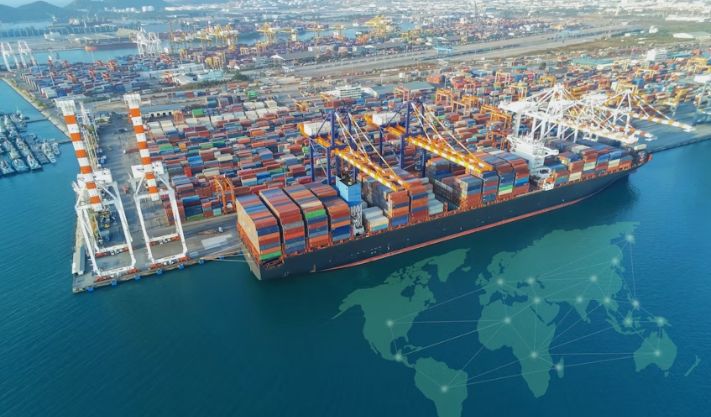Red Tape, Tariffs, and Tax: Are UK Exporters Struggling in 2025?
The year 2025 is proving to be a critical one for UK exporters as they continue to navigate a complex web of red tape, tariffs, and tax challenges. Since Brexit, businesses have faced significant barriers when trading with the European Union and other global markets. Now, with additional economic pressures, many companies are questioning whether exporting from the UK is becoming more difficult than ever.
Rising Export Costs
One of the biggest concerns for UK exporters in 2025 is the rising cost of compliance. Customs paperwork, regulatory checks, and country-specific documentation have added both time and expense to international trade. Small and medium-sized enterprises (SMEs) are hit the hardest, with many reporting delays and higher logistics costs compared to larger corporations that can absorb the additional expenses.
On top of paperwork, tariffs remain a sticking point. While trade agreements have helped reduce duties in some regions, exporters to the EU are still dealing with non-tariff barriers such as rules-of-origin requirements and product certification standards. These challenges make it harder for UK businesses to remain competitive in international markets.
Tax Burdens on Exporters
Taxation is another obstacle for UK exporters in 2025. Companies must comply with VAT rules across multiple jurisdictions, while digital tax systems require constant adaptation. Exporters also face higher corporation tax rates at home, reducing profit margins and limiting reinvestment opportunities. Industry experts warn that without tax incentives or simplified systems, many smaller exporters could be priced out of the global market.
Sector-Specific Struggles
Manufacturing and agriculture are two sectors under particular strain. UK farmers exporting food and livestock face strict sanitary and phytosanitary checks, leading to long delays at ports. Manufacturers of machinery and automotive parts are struggling with supply chain disruptions and additional costs tied to new tariffs outside of Europe.
On the other hand, service-based industries such as technology and finance face fewer border restrictions, but they remain affected by tax regulations and overseas compliance requirements.
Government Response
The UK government has pledged to support exporters through funding schemes, export finance programs, and new trade agreements. However, business leaders argue that more needs to be done to reduce the burden of red tape and simplify trade processes. Calls for digital-first border solutions, tariff reductions, and tax reforms are growing louder as exporters seek relief in an already challenging global economy.
The Road Ahead
Despite the hurdles, some UK exporters are finding opportunities in non-EU markets such as Asia, the Middle East, and North America. Expanding into these regions could help businesses reduce reliance on European trade. Yet, this shift requires investment in new supply chains, marketing, and compliance systems—an uphill task for companies already stretched thin.
As 2025 progresses, the key question remains: can UK exporters adapt to survive the triple challenge of red tape, tariffs, and tax? The answer will determine not only the future of Britain’s export sector but also the wider economy’s ability to compete on the global stage.
Published: 11th September 2025
For more article like this please follow our social media Twitter, Linkedin & Instagram
Also Read:
Meet the Top 15 Entrepreneurs in the UK for 2025
Private Equity Eyes UK Real Estate: The Next Big Buyout Targets
Top 10 Richest Businessmen in the United Kingdom 2025























